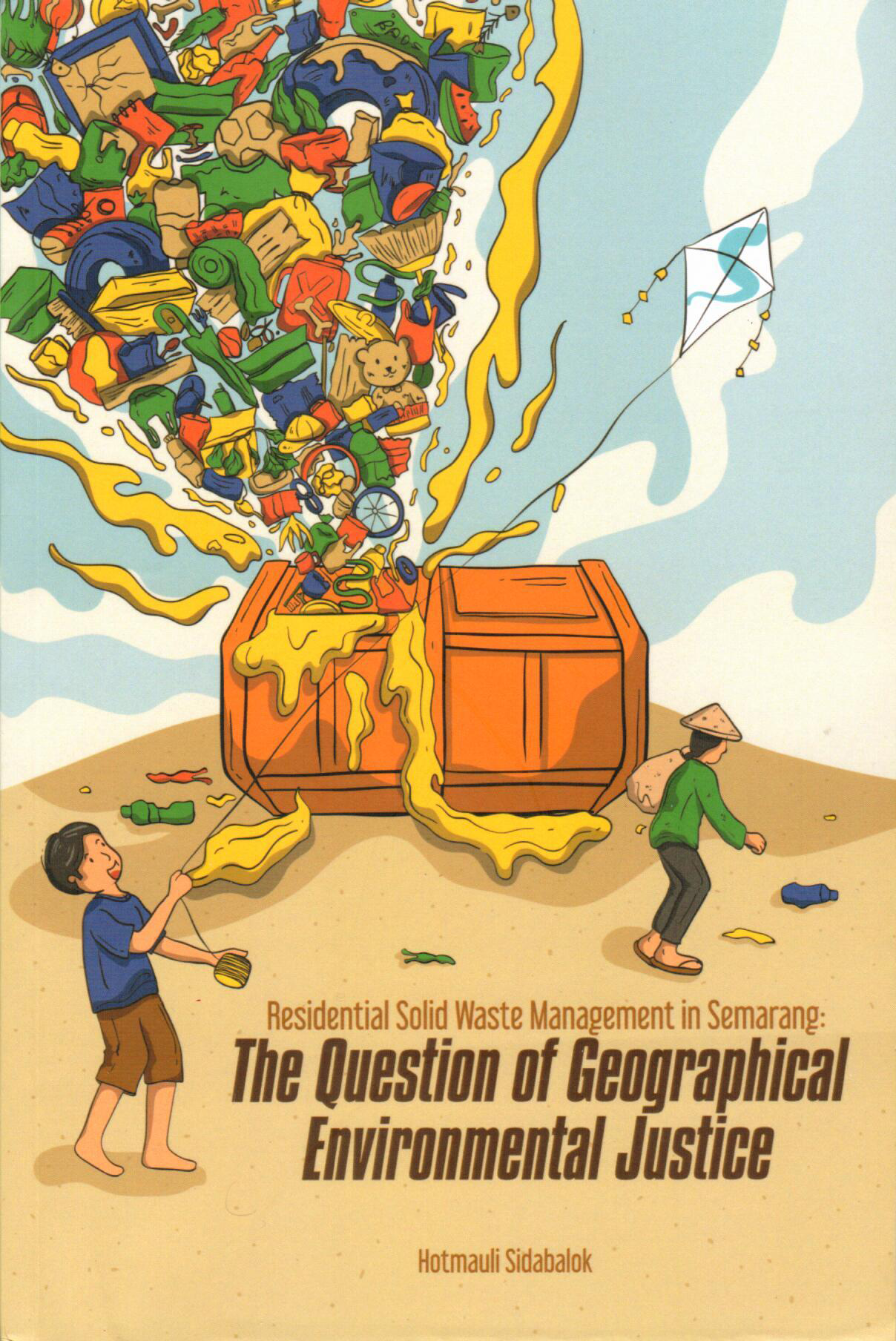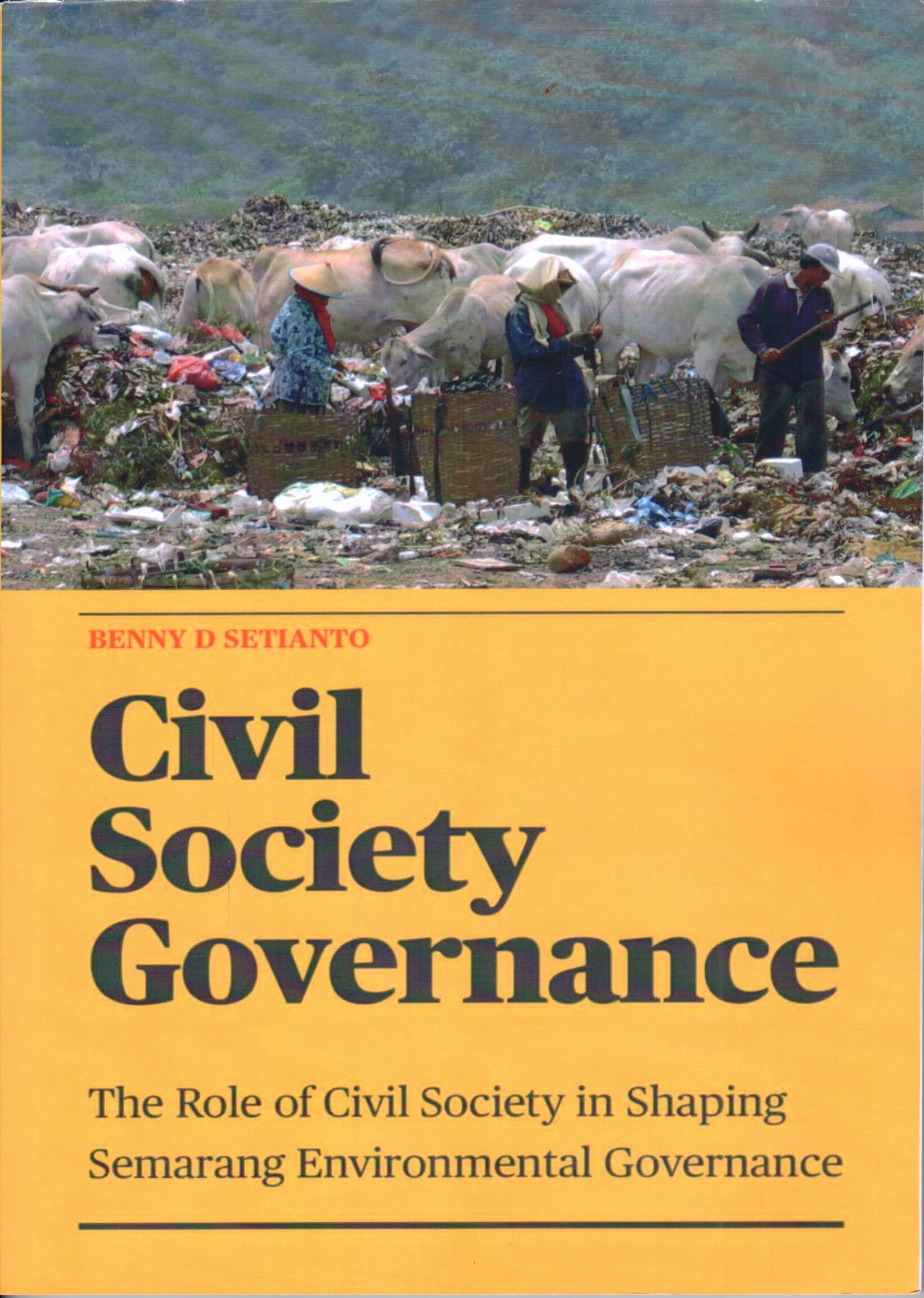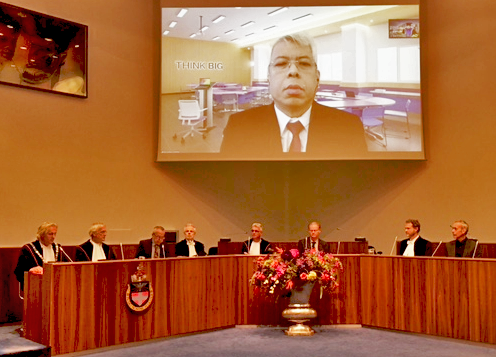We are very proud to report that on Wednesday, February 8, 2023, Hotmauli (Oely) Sidabalok successfully defended her PhD thesis on “Residential Solid Waste Management in Semarang: The question of geographical environmental justice” (co-supervised by Dr Martin van der Velde and Dr Ton van Naerssen). In the fast-growing cities of Indonesia waste disposal is a serious and growing problem. Recycling is still not mainstream in most cases, and dumping solid waste at temporary or final disposal sites causes many negative impacts on the 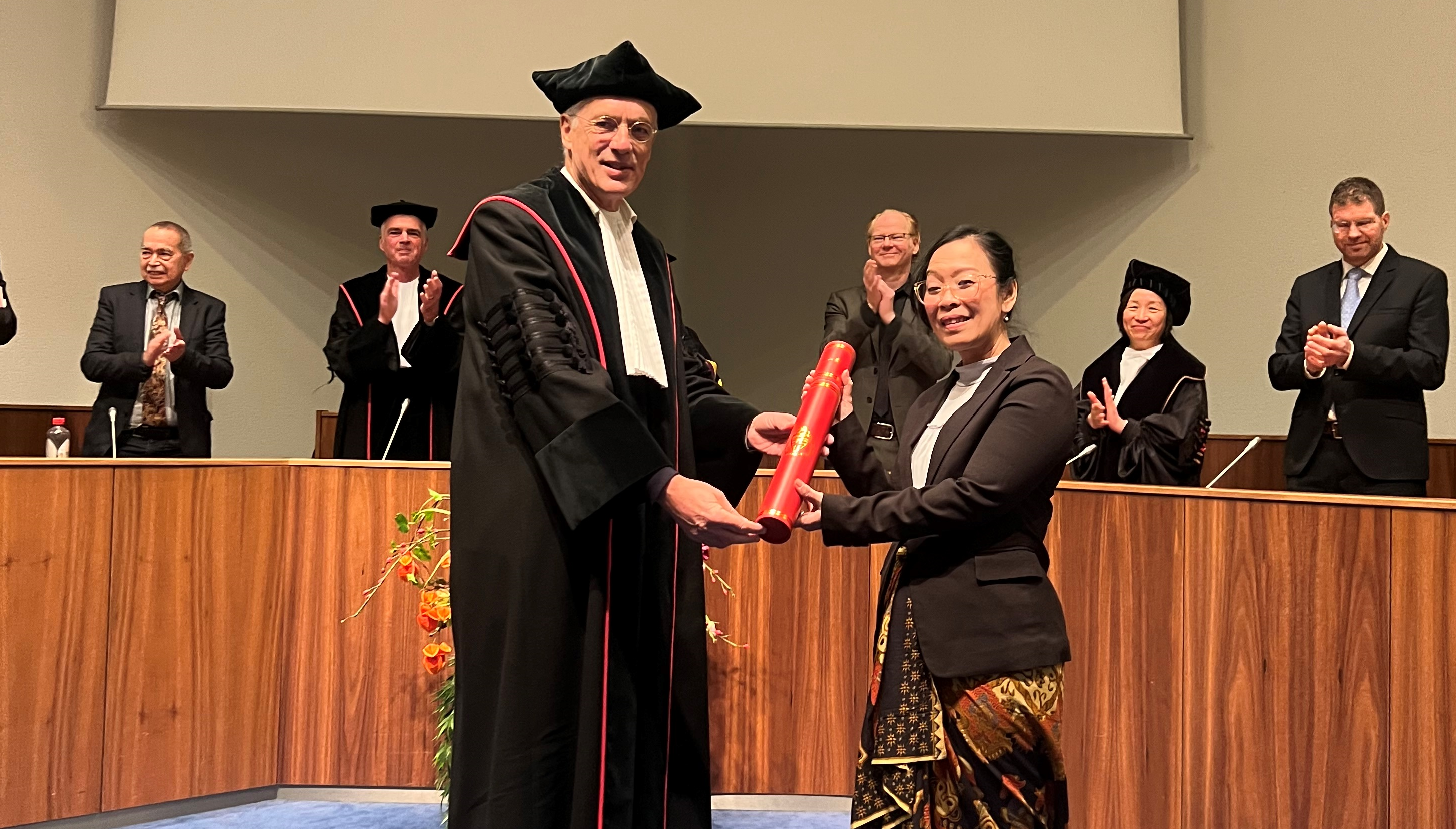 people living in the direct vicinity. These impacts vary substantially between different groups, circumstances and places and cause severe environmental justice problems. Oely has not just been investigating these issues and teaching about them at the Universitas Katolik Soegijapranata (Unika) of Semarang, in Indonesia, but also has been engaged as a (political) activist on behalf of the affected people, and has supported the local communities in organising and mobilising a broader social movement to address and solve these problems, while also taking care of her family. In between, she occasionally had to pause her research work. It, therefore, is amazing with how much perseverance she slowly but surely managed to finish her research work after almost 20 years and managed to come up with highly relevant insights into how to deal with this urging problem. An important contribution to making our places more sustainable while at the same time also an important contribution to the long-lasting partnership between the UNIKA University of Semarang
people living in the direct vicinity. These impacts vary substantially between different groups, circumstances and places and cause severe environmental justice problems. Oely has not just been investigating these issues and teaching about them at the Universitas Katolik Soegijapranata (Unika) of Semarang, in Indonesia, but also has been engaged as a (political) activist on behalf of the affected people, and has supported the local communities in organising and mobilising a broader social movement to address and solve these problems, while also taking care of her family. In between, she occasionally had to pause her research work. It, therefore, is amazing with how much perseverance she slowly but surely managed to finish her research work after almost 20 years and managed to come up with highly relevant insights into how to deal with this urging problem. An important contribution to making our places more sustainable while at the same time also an important contribution to the long-lasting partnership between the UNIKA University of Semarang 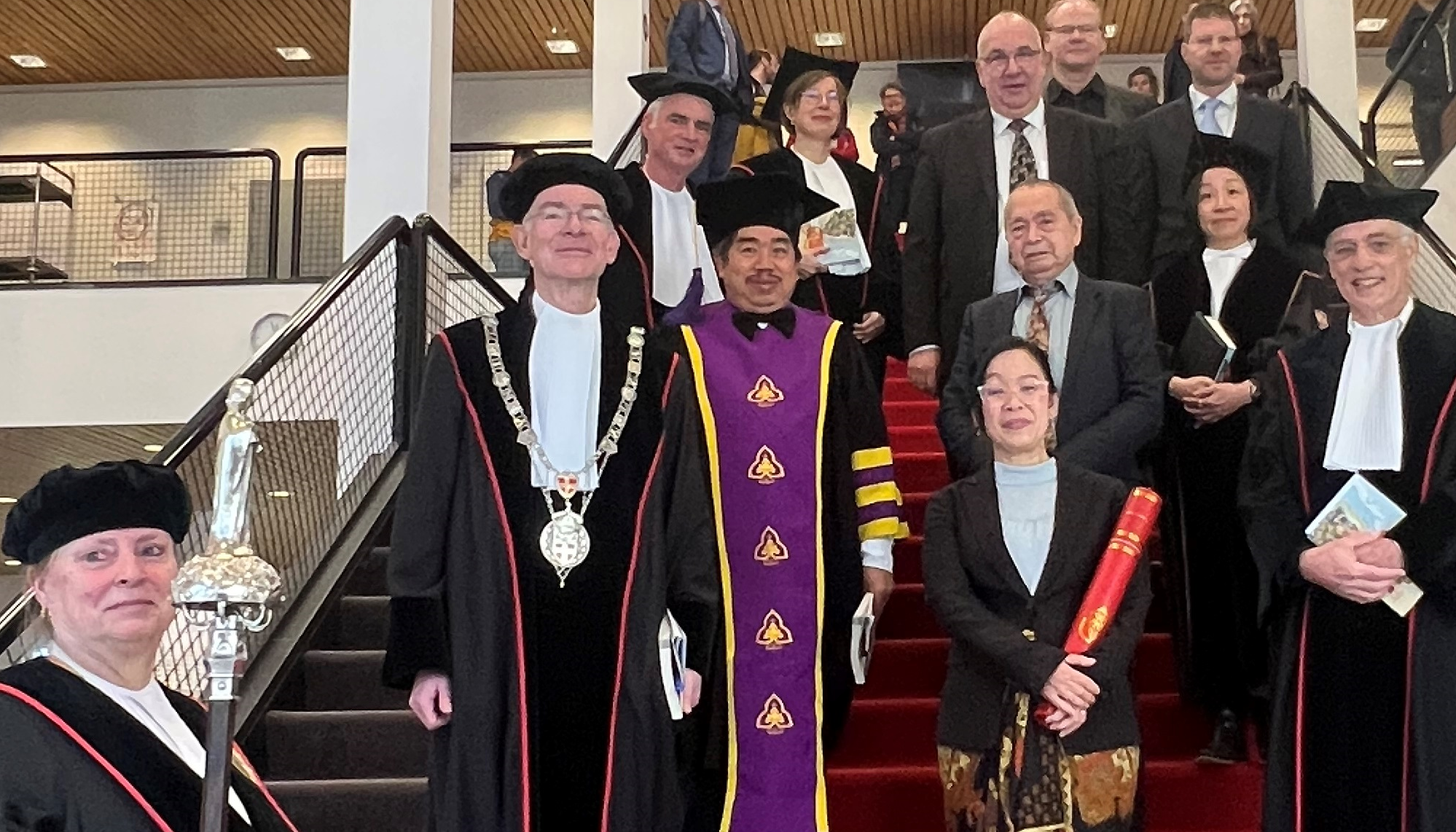 and the Radboud University in Nijmegen. It is also a nice example of how more general theoretical insights in concepts of ‘spatial justice’ and ‘new social movements’ as they are developed and applied within our geography group in many fields of application, form the intellectual glue between these different fields of application in the extremely broad terrain of geographical research and feed into the continuous conversations among us (and others). In that sense, this thesis also contributes to the local ‘placemaking’ within our geography group at Radboud University.
and the Radboud University in Nijmegen. It is also a nice example of how more general theoretical insights in concepts of ‘spatial justice’ and ‘new social movements’ as they are developed and applied within our geography group in many fields of application, form the intellectual glue between these different fields of application in the extremely broad terrain of geographical research and feed into the continuous conversations among us (and others). In that sense, this thesis also contributes to the local ‘placemaking’ within our geography group at Radboud University.
You can download the full text of her very well-written thesis by clicking on the cover of her PhD Thesis.

